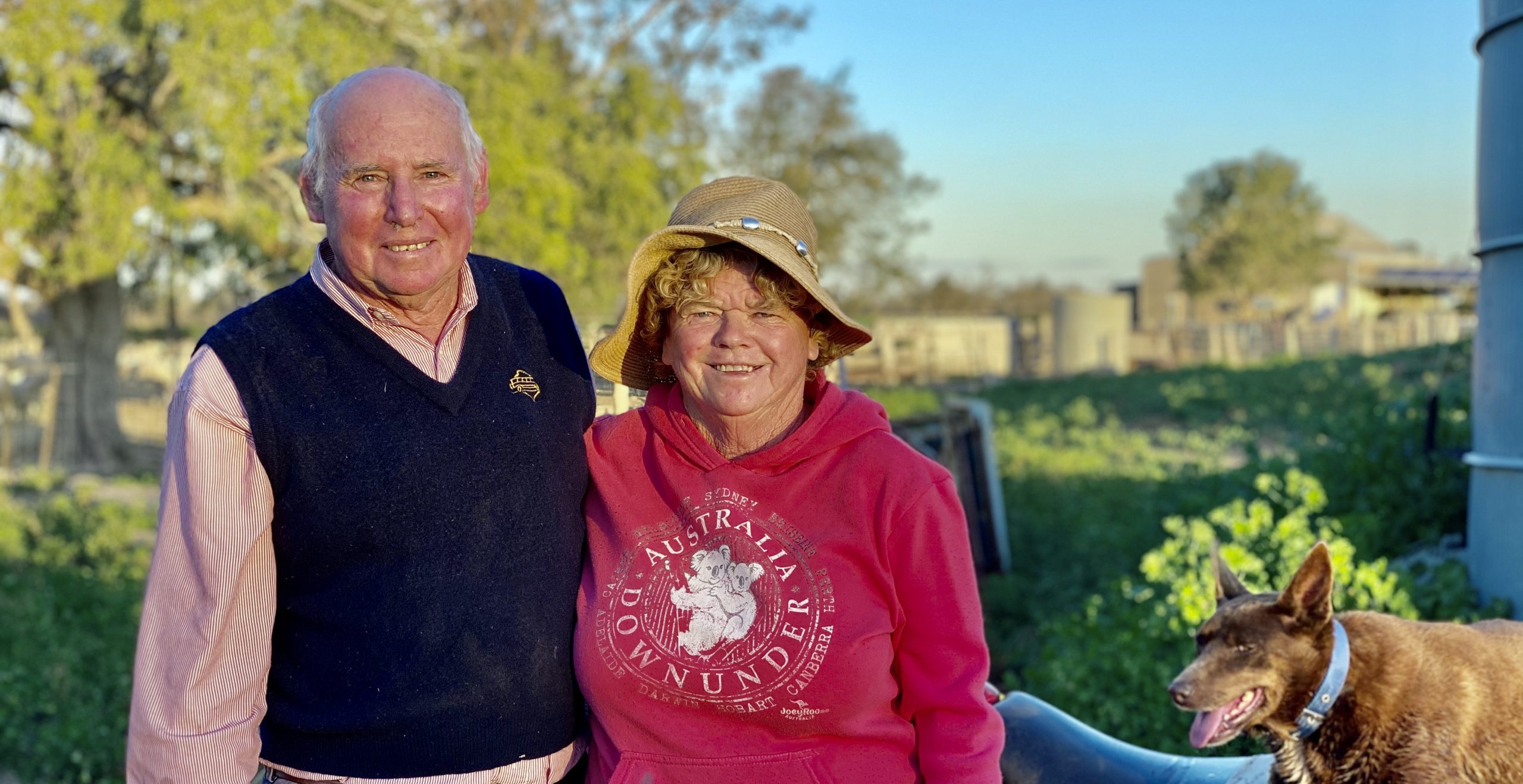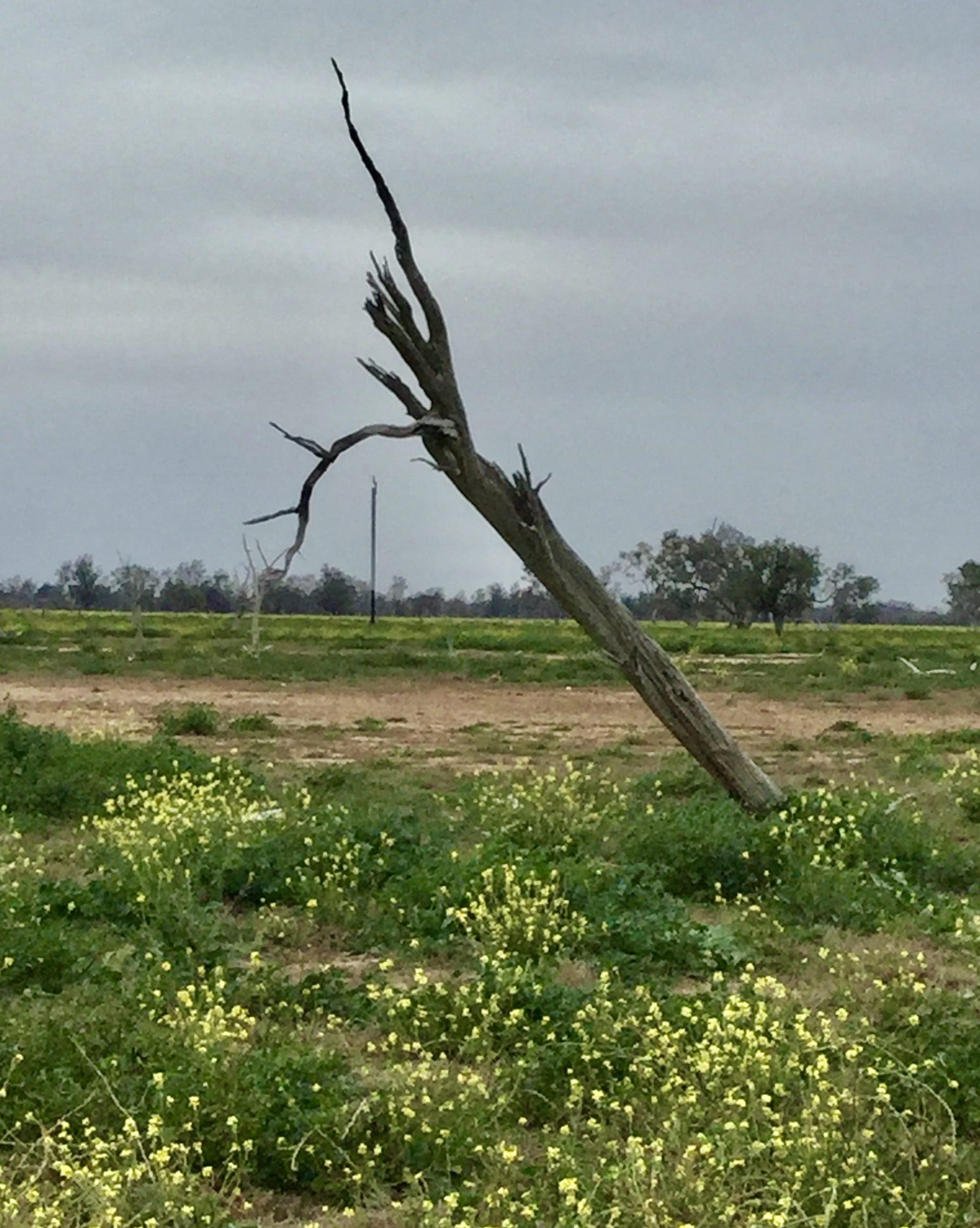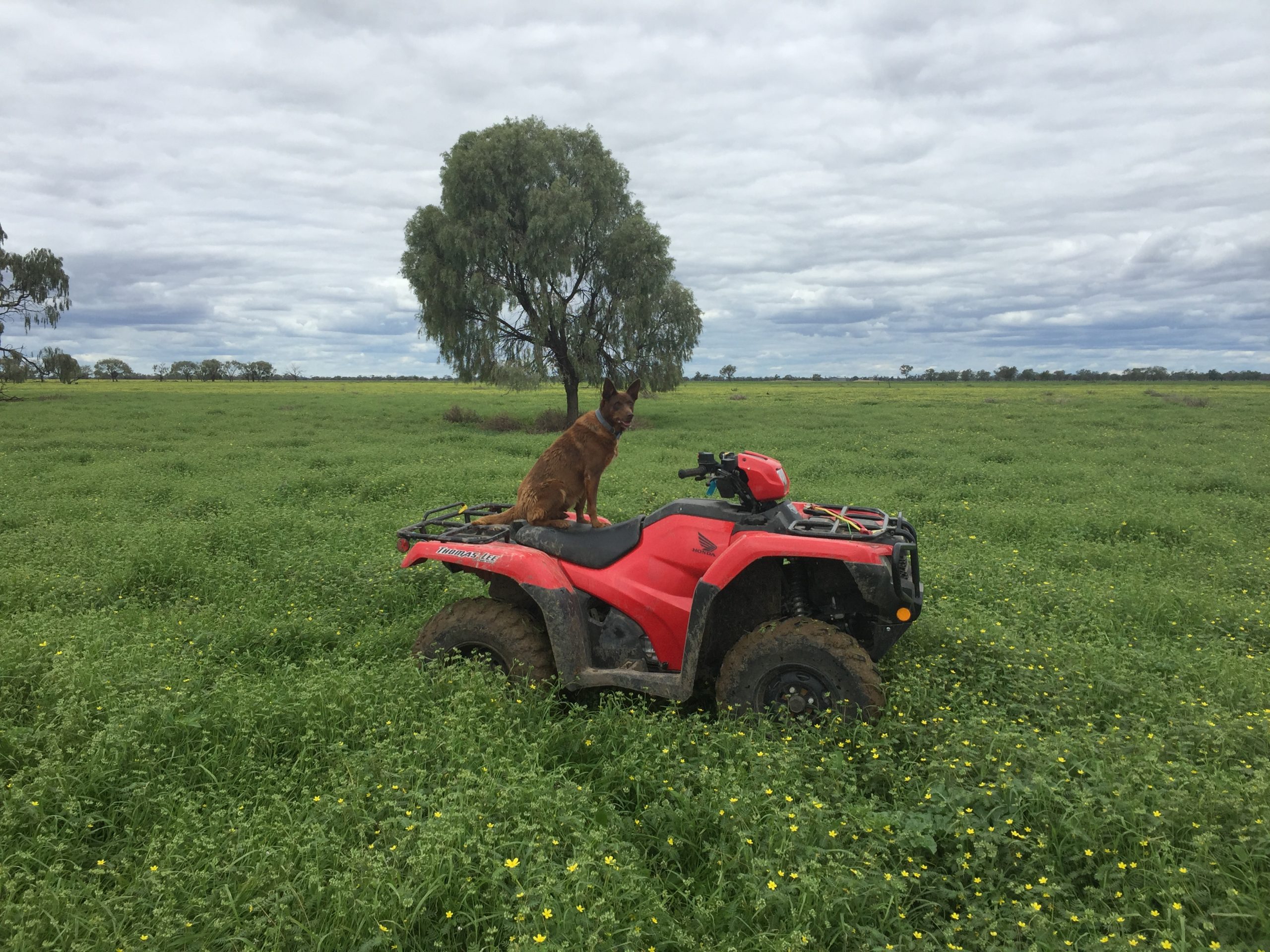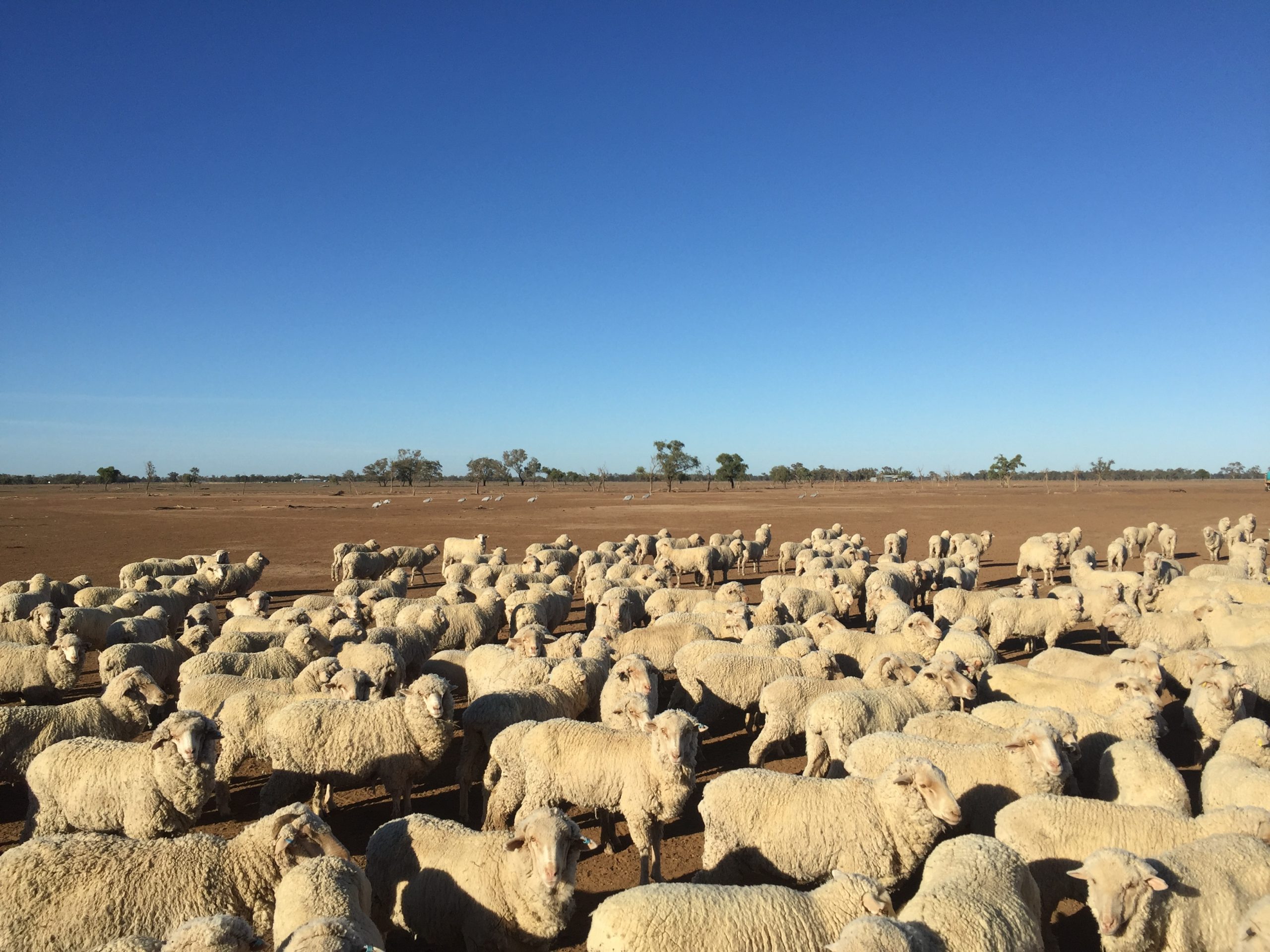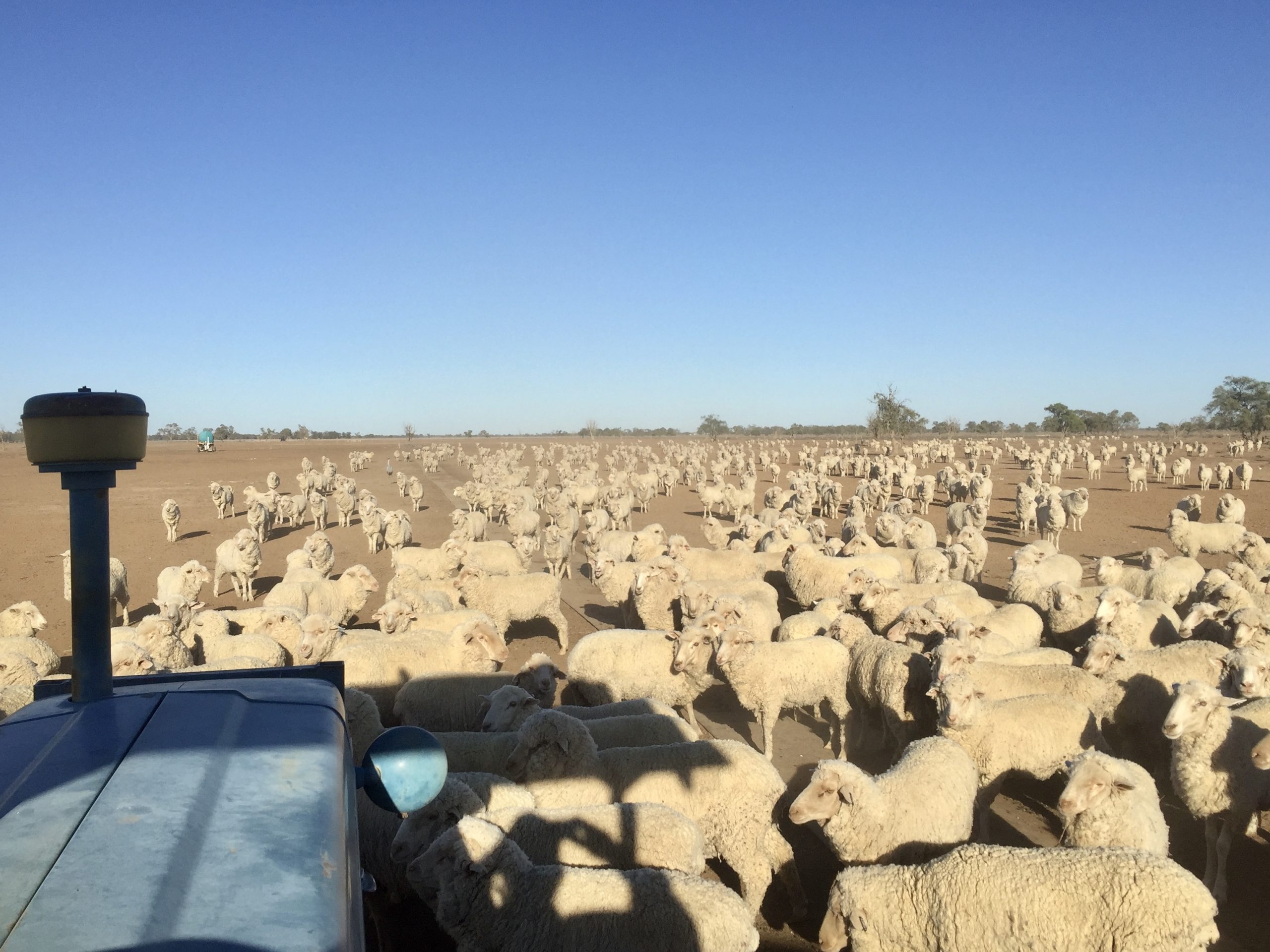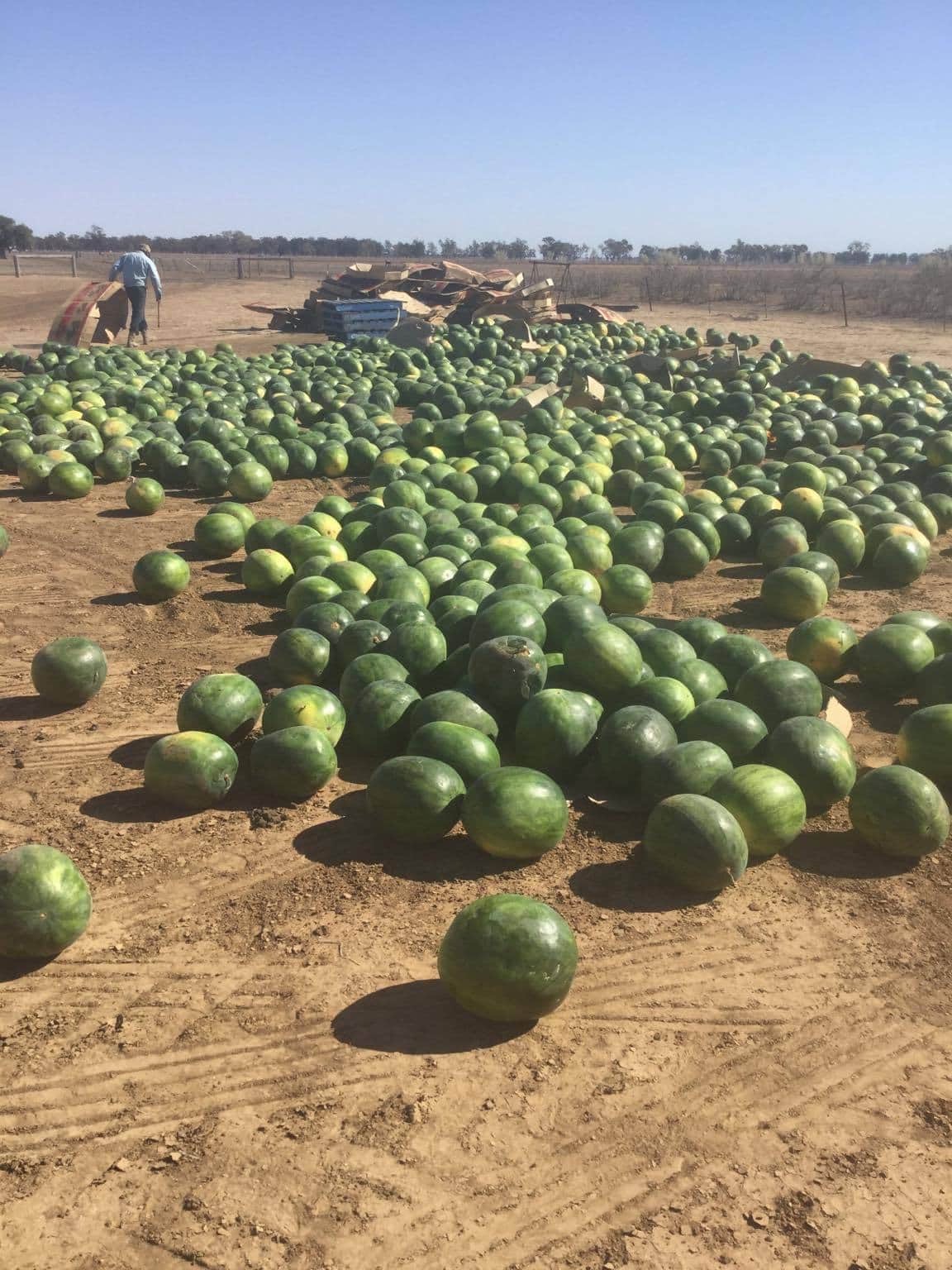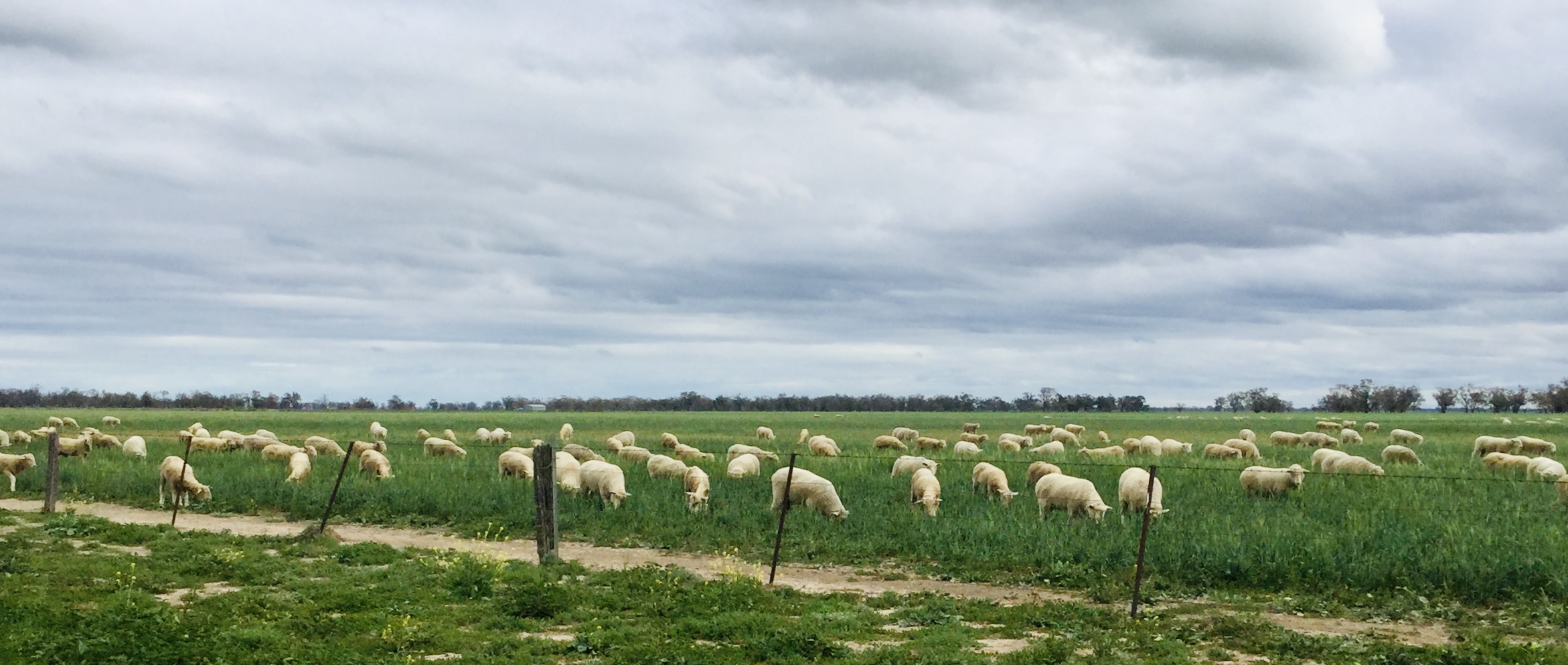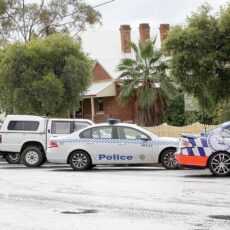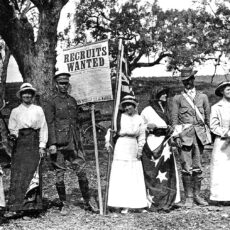The waver in Jack Slack-Smith’s voice when he talks about the challenges of life on the land, the steely look in his eyes and the dirt under his fingernails are all symptomatic of his love and commitment to a property, and a way of life, that’s been in his family for generations.
The Slack-Smiths were one of the pioneering grazing families in the district and Jack is the seventh generation.
“Sometimes farming is good and sometimes it’s not so good,” said Jack.
“I think it’d be the same no matter what occupation you took on though.
“You do have to be optimistic, you’ve got to think that it’s going to be better around the next corner.”
In March 2019, TIME magazine’s cover photo was taken at Jack and Jan Slack-Smith’s farm ‘Epping’ located 35 kilometres west of Pilliga on the Come-By-Chance Road.
The image (featured in the gallery below) showed the stark reality of the harsh drought Australia has been enduring: a devastatingly bare paddock, a dead tree leaning in the dusty haze and a mob of hungry sheep in the distance lined up as they devoured hay provided by graziers forced to hand-feed their stock.
The article by TIME journalist Casey Quackenbush and photographer Adam Ferguson described our sunburnt country’s landscape as: “The dust bowl Down Under”.
“Drought is endemic on the world’s driest inhabited continent, but the conditions Australia is currently experiencing count as the most severe in its modern history. It’s not yet the longest spell of drought, but it is the hottest,” wrote Casey Quackenbush in the iconic American news magazine TIME, giving its worldwide readership an insight into the hardships being experienced by our resilient rural communities.
More than a year later, Mother Nature is finally giving the parched paddocks of Pilliga and surrounds some reprieve.
“We’ve had a bit over 20 inches so far this year,” said Jack Slack-Smith.
“That’s compared to the three years of 2017, 2018 and 2019 when we only had 22 inches all up over those years.”
Monitoring the weather is one of Jack’s early morning rituals.
On January 24 this year, rain was predicted but Jack was sceptical – after all, the North West hadn’t received decent falls since 2016.
However, it proved to be a change in our weather cycle.
“They were talking rain but I didn’t have much faith in it,” Jack said.
“Then the dust rolled in and you had a job of seeing anything.
“It started to rain a bit during the night and then when we got up the next morning we’d recorded 10-and-a-half millimetres.
“Then a big storm came the following day. We got 100 millimetres in a short time, the rain was actually stinging when it hit you it was coming in so hard.”
The ‘before and after’ photos (featured in the above photo gallery) show the dramatic transformation of how the land is coming back to life after the rainfall. In 2019, the paddocks were baron but they’re now green and growing every day.
Like many relieved farmers in the district, the Slack-Smiths have planted crops for the first time in four years and are no longer putting in extra hours, and money, to hand-feed their livestock.
“The workload has gone from negative to positive,” said Jack.
“Everything we were doing last year was negative – for example, we were buying feed and that’s just money going out.
“Now what we’re doing is positive, we’ve got wheat crops in.”
However, the financial, social and mental health implications of the drought are far from over.
Some families left the region as work opportunities dried up, and even though it’s rained – money won’t start to flow through the farm gate for many months. And that’s also dependent on harvest later this year.
“There’ll be fallout for the next two or three years,” said Jack.
“When I first left school there were five families down this road and now there’s two – we’re sort of moving to big corporations now rather than family farms.
“Even some of the big fellas, they’ve been hurt pretty well too.
“We’ve had rain but the financial disaster continues,” said Jack.
“It’s kind of like the Johnny Cash song about the young soldier who laid down his gun because he thought the battle was done, and there’s the line, ‘No son the battle’s not over’.
“Well the battle with the drought isn’t over,” said Jack.
“This would be the worst drought in my lifetime and I would say in my father’s lifetime too,” said 67-year-old Jack.
The drought reduced the Slack-Smith’s sheep numbers from 7000 to 2400 and cattle from 260 breeders to 11.
“We sold what we could, we just couldn’t afford to keep feeding them.”
Some of the sheep also died, a devastating discovery for any grazier.
In its report, TIME magazine shared a confronting but realistic photo of the carcasses of some sheep that had died from drought-related causes in a pit at the Slack-Smith’s property.
“Sadly, it is the reality,” Jack told the The Courier.
“It really is the low end when you lose stock. It really is heartbreaking when you find a ewe bogged and then a lamb bogged next to her, it’s hard to handle.”
Graziers do hold a special place in their hearts for their animals, and it’s hard not to get attached.
During those tough and endless days of hand-feeding Jack said there was one sheep he was particularly fond of.
“I called her Ma,” he said.
“She’d always be waiting there for me and I’d give her a handful of corn.
“You always hope for the good – the arrival of a newborn lamb or a newborn calf, they’re the rewarding things.”
As well as fishing, Jack’s stress release and ‘glass half-full’ approach is fostered by his supportive and enthusiastic wife Jan.
“I’ve had to be strong for Jack’s sake as well,” said Jan.
“Because Jack would wake up sometimes and say, ‘Another hopeless day, another hopeless day’.
“But we worked together.
“It’s been hard though. Every day was the same – feeding day after day, after day, and no relief in sight.
“So in the end, I was sometimes saying, ‘Another hopeless day in paradise’,” Jan added with a laugh.
“You’d sometimes think, ‘Oh, is it really worth putting the extra money out to buy the hay or to buy the corn?
“But Jack didn’t see it that way, he thought there was going to be a light at the end of the tunnel, so if we can keep some of our stock that will be worth something down the track, and it has been worthwhile.
“Although the wool prices have dropped because of COVID.”
“But anyway, we persevered through it and we’ve got two lovely sons, Will and Thomas, and they’ve come home at the weekend and helped us out.
“They are both brilliant boys, they’re both hard workers – you couldn’t ask for better boys.
“We’ve also had some friends come and help, and that’s been brilliant and taken a lot of the pressure off.”
Jan and Jack have been married for 41 years. Jan’s maiden name was Currey and grew up just a stone’s throw away from Jack on a Pilliga property down the road.
Jan did train and work as a nurse before marrying Jack, but like her husband, she is committed to farm life.
However, there is one job she won’t do.
“When we first got married, Jack’s mum said to me, ‘Don’t learn how to drive a tractor because once you learn how to drive a tractor, they won’t let you off it’.
“So I’ve never ever learned how to drive a tractor, I’ve stuck with that advice.”
Jan does just about every other farm job under the sun though.
“I’d be out there on the motorbike and when we were feeding the dust would be so bad I could hardly see Jack or the sheep, my eyes would be so sore.
“It was pretty bad those days but we did persevere, and there’s plenty of green grass now.”
A break in the weather has made it easier for Jan to escape the daily grind, and only very occasionally, enjoy the simple pleasures some of us take for granted.
“All my life I’ve been here so it’s nothing unusual to me, but when I do go to town – my happiest treat of all is going to a coffee shop and having a cup of coffee and something to eat because I don’t have to cook it and I can sit down and relax.”
The Slack-Smiths are incredibly grateful to the community members and organisations who have supported, and continue to offer support, to farmers during the drought.
In particular, the Penrith RSL Club who recently initiated a big fundraiser called the ‘Penrith to Pilliga Drought Relief Drive’.
The club hosted a number of raffles and also rallied members to put together a ‘shoebox surprise’ for some farmers filled with goods.
The chairman of the Penrith RSL, Frank Portelli, has travelled out to Pilliga previously to see the drought first hand and organised to work with the Rotary Clubs of Penrith, Nepean and Wee Waa to distribute the money raised to assist with people’s household expenses including groceries, power and fodder bills.
As previously reported by The Courier, the Penrith RSL also generously helped the Burren Junction Touch Football Association send junior members to the NSW Touch Junior State Cup competition in Port Macquarie last year.
It’s a heart-warming initiative by the Penrith RSL community and it has completely overwhelmed the district.
“The Pilliga community thanks all Penrith RSL and all the charities involved in assisting our community and for all their generous donations,” said Jan.
“I had a lump in my throat, I got a bit teary about their donation drive.”
“They’ve just been fantastic and I know my family and Pilliga have appreciated it,” said Pilliga farmer Jan Slack-Smith about Penrith RSL Club’s drought relief drive.
“They don’t even know us and they’re helping people out in the bush, they’ve got their own problems but they still managed to rally to help us out.
“I just couldn’t believe it, it puts a big smile on my face.”
The Slack-Smiths also acknowledged the tireless work of the volunteers at the Pilliga Community Centre who have worked with Rotary and the Penrith RSL to deliver the drought drive.
“There’s been tremendous support and it gives you a heck of a lift,” said Jack Slack-Smith.
“And they’ve organised little gatherings where you can talk with everybody else about what’s happening and what they’re doing, otherwise you’d just stay at home and dwell on your own situation.
“Just to know somebody cares and you’re not entirely on your own – it does give you a tremendous morale boost.”
Wee Waa Rotary president Andrew Greste said community members are very appreciative of the efforts made by the Penrith RSL Club.
“It’s really been fantastic,” said Mr Greste.
“What they’ve done is huge and just having that connection with a metro community really is meaningful, and also quite humbling.”
Mr Greste said the RSL also opted to make some donations via gift cards so money would be spent locally.
“It’s also really significant that the RSL chairman Frank Portelli made the time and effort to come up here and visit.”
Mr Greste said he hoped the district could host more RSL Club members and contributors once COVID-19 restrictions had eased to say thank you.
To order photos from this page click here